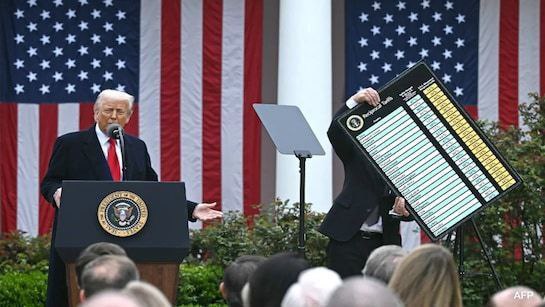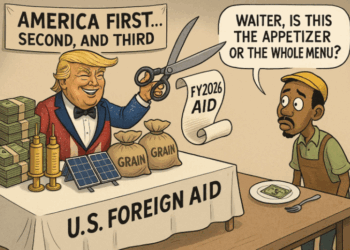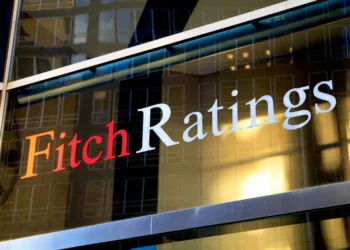U.S. President Donald Trump has announced a fresh round of tariffs on global trade, targeting multiple countries with levies ranging from 10% to 49%. The move, which was unveiled in a statement from the White House on Wednesday, aims to prioritize American interests and curb the U.S. trade deficit.
Among the nations affected, Ethiopia has been hit with a 10% tariff, making it one of more than 20 countries facing increased trade barriers with the United States. The decision is expected to have wide-ranging effects on international commerce, with businesses and policymakers closely analyzing the potential economic implications.
Trump defended the tariff hikes, emphasizing the need to protect U.S. industries and strengthen the domestic economy. “We must put America first. These tariffs will help reduce the trade deficit and create fairer trade conditions for American workers,” the president stated.
The latest tariffs are part of the administration’s broader economic policy, which has frequently employed trade restrictions as a means of negotiation and economic restructuring. Ethiopia, which had already been facing challenges following its removal from the African Growth and Opportunity Act (AGOA) in 2022, will now have to navigate additional costs when exporting goods to the U.S.
As the global economic landscape adjusts to these new trade measures, attention will now turn to how affected countries, including Ethiopia, respond to the U.S.’s latest protectionist policies.





















